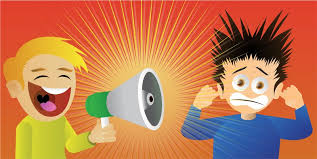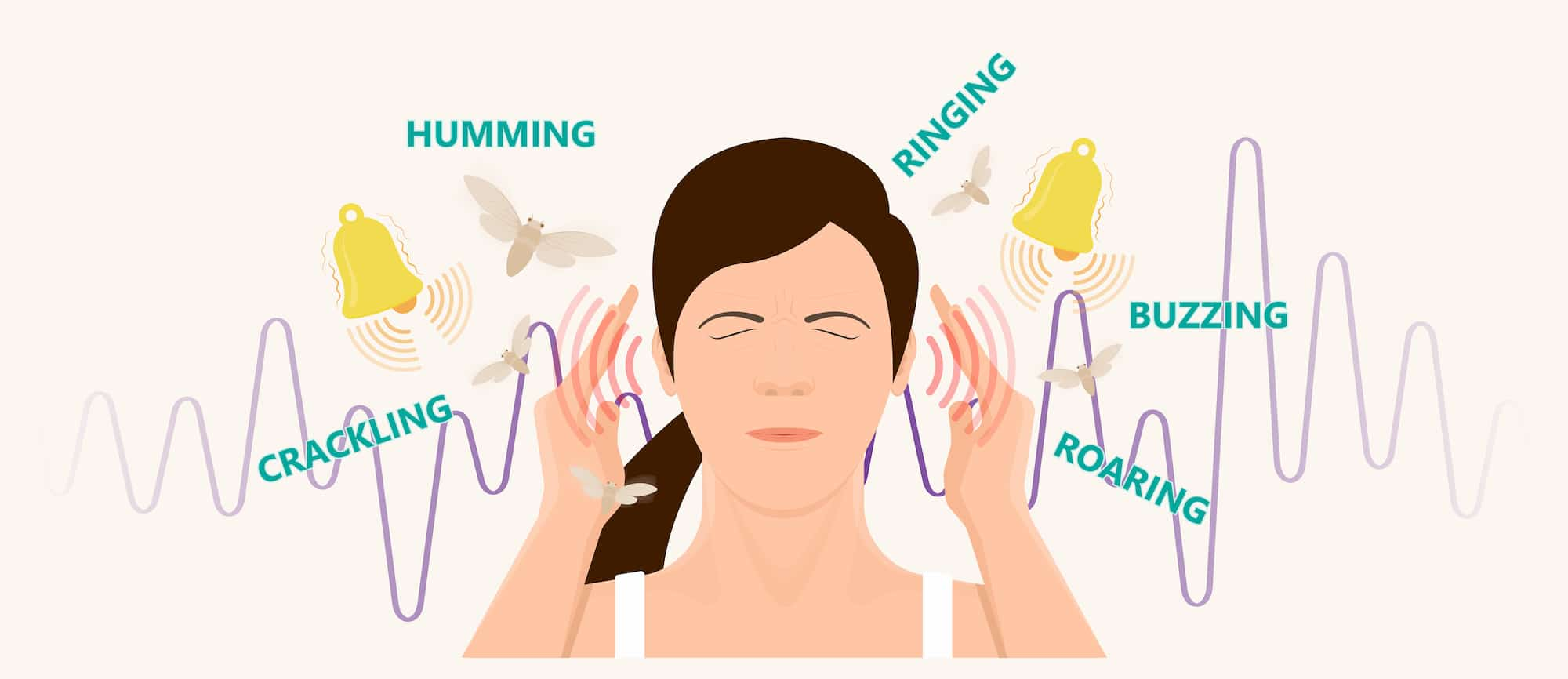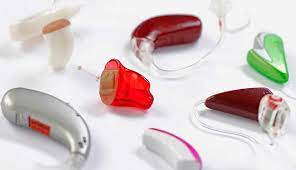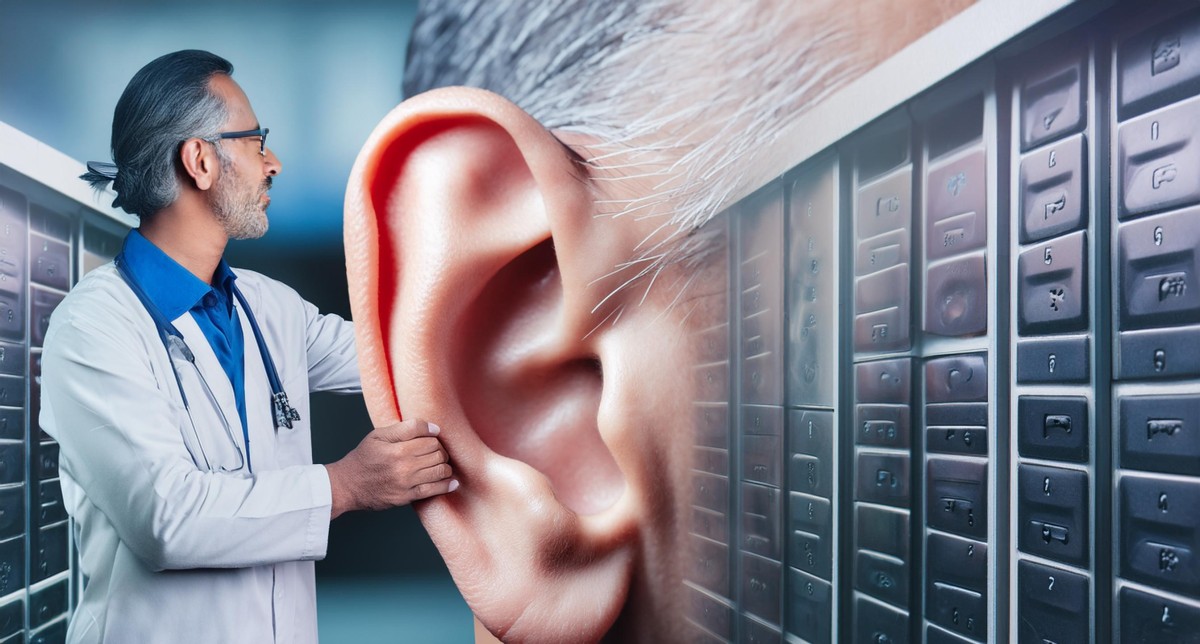Have you ever felt like a hissing or ringing sound in the ear?
You might have thought ohh my god something is going on within my ear, but don't worry it's not that panic situation to be worried...
Because our ear is designed for hearing purposes associated with ear tinnitus is one of the commonly occurring ear problems that occur by noise or ringing sound within the ears without any external noise. Tinnitus affects millions of people worldwide. So let's now understand a few basic things about tinnitus such as:
What is tinnitus?
What causes tinnitus?
What is the treatment for tinnitus?
What is Tinnitus?
"Tinnitus can be characterized by numerous sounds such as ringing, humming, hissing, or clicking in one or both ears. These sounds can be non-stop or intermittent, and their intensity can vary from moderate to severe. While tinnitus itself isn't a disease, it is frequently a symptom of an underlying condition. "
Causes of Tinnitus:
Exposure to Loud Noise:
 If your ears are exposed to loud noises for a long period that can damage the sensitive hair cells inside the inner ear, leading to tinnitus.
If your ears are exposed to loud noises for a long period that can damage the sensitive hair cells inside the inner ear, leading to tinnitus.
Age-associated Hearing Loss:
In a few cases when people age their hearing capacity naturally declines which can also lead to tinnitus.
Earwax Blockage:
The Buildup of earwax can obstruct the ear canal and cause inflammation or stress, resulting in tinnitus in a few people.
Medical Conditions:
A few medical conditions such as Meniere's sickness, otosclerosis, temporomandibular joint (TMJ) problems, and cardiovascular issues can also be a reason for tinnitus.
Medications:
Certain medications, which include antibiotics, antidepressants, and chemotherapy drugs, can also cause tinnitus as a side effect.
Symptoms of Tinnitus:
 Along with this ringing sound in the ears, people with tinnitus may also experience signs and symptoms such as sleeplessness or difficulty sleeping due to the sound in their ears. They can also experience a few mental issues as stress, irritation, anxiety, and depression. People with tinnitus will experience reduced ability to hear and they are much sensitive to loud noises. So if you are experiencing any of these symptoms that are mentioned above do visit a doctor for further treatment assistance.
Along with this ringing sound in the ears, people with tinnitus may also experience signs and symptoms such as sleeplessness or difficulty sleeping due to the sound in their ears. They can also experience a few mental issues as stress, irritation, anxiety, and depression. People with tinnitus will experience reduced ability to hear and they are much sensitive to loud noises. So if you are experiencing any of these symptoms that are mentioned above do visit a doctor for further treatment assistance.
Diagnosis:
Diagnosing tinnitus involves a complete evaluation of the health records, physical examination, and hearing tests. Your doctor may also carry out additional tests such as MRI or CT scans to understand the underlying issue for tinnitus occurrence.
Management Strategies:
There are no accurate measures that can cure tinnitus but these management techniques can best help to reduce the signs and symptoms due to tinnitus.
Sound Therapy:
Sound therapy is given by noise machines or soothing pleasant music that can help to manage the ringing or humming sound due to tinnitus.
Cognitive Behavioral Therapy (CBT):
CBT strategies can assist people in managing the emotional distress associated with tinnitus because as discussed above people with tinnitus also experience anxiety and stress-related issues.
Medications:
In some cases, medications along with antidepressants or anti-anxiety capsules may be prescribed to relieve all types of signs and symptoms of tinnitus.
Hearing Aids:
 For individuals with tinnitus and listening loss, hearing aids can amplify external sounds, making the internal noises less considerable.
For individuals with tinnitus and listening loss, hearing aids can amplify external sounds, making the internal noises less considerable.
Tinnitus Retraining Therapy (TRT):
TRT combines sound remedies with counseling to assist people in habituating to the sounds of tinnitus and reducing their notion of them through the years.
Lifestyle Changes:
Avoid exposure to loud noises, managing stress levels in the body, and exercising regularly can help you manage tinnitus effectively.
Conclusion:
Tinnitus is not a life-threatening condition, it is a commonly seen ear issue across the world. Understanding its causes, symptoms, and management techniques can help you to treat this condition effectively. Do consult with a healthcare professional to bring you out of this condition.

